May 3, 2022
Get ready for the artificial intelligence revolution
 Behind every successful business strategy is a talented and motivated workforce that is ready to apply itself and achieve great things. A leader may have a flawless strategy, but if they cannot staff their teams with the most talented individuals, their vision will stay just that. A vision. Unfortunately, the tools organizations use to identify and recruit the best talent have not changed much over the last few decades: resumés, interviews, and reference checks continue to be the predominant methods for evaluating potential. Sadly, many studies demonstrate that these methods are unpredictive, biased, and are inefficient. The good news is that innovations in artificial intelligence offer exciting tools that improve the recruitment process for both organizations and candidates. (more…)
Behind every successful business strategy is a talented and motivated workforce that is ready to apply itself and achieve great things. A leader may have a flawless strategy, but if they cannot staff their teams with the most talented individuals, their vision will stay just that. A vision. Unfortunately, the tools organizations use to identify and recruit the best talent have not changed much over the last few decades: resumés, interviews, and reference checks continue to be the predominant methods for evaluating potential. Sadly, many studies demonstrate that these methods are unpredictive, biased, and are inefficient. The good news is that innovations in artificial intelligence offer exciting tools that improve the recruitment process for both organizations and candidates. (more…)














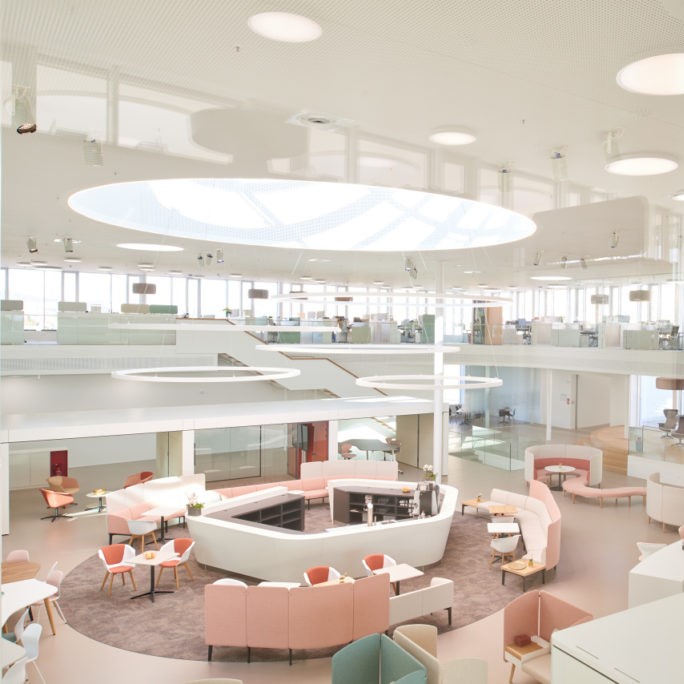
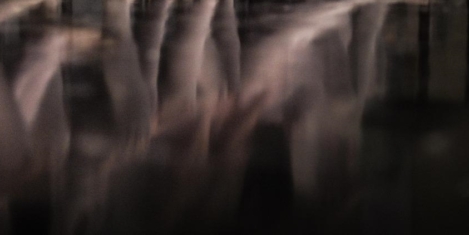


 There’s a scene in the 1986 horror movie The Fly in which Seth Brundle (Jeff Goldblum) persuades the reporter Veronica Quaife (Geena Davis) to try two steaks, one of which Brundle has just sent between two teleportation pods in an effort to work out why the pods can’t process organic matter, including the organic matter that had recently belonged to a very unfortunate baboon.
There’s a scene in the 1986 horror movie The Fly in which Seth Brundle (Jeff Goldblum) persuades the reporter Veronica Quaife (Geena Davis) to try two steaks, one of which Brundle has just sent between two teleportation pods in an effort to work out why the pods can’t process organic matter, including the organic matter that had recently belonged to a very unfortunate baboon. 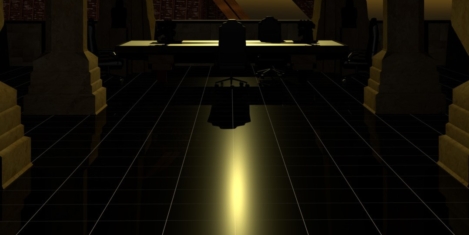



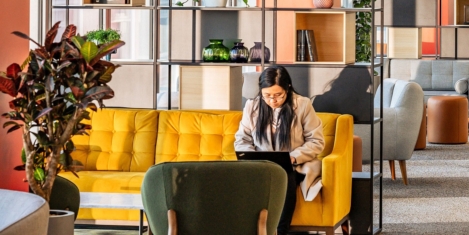
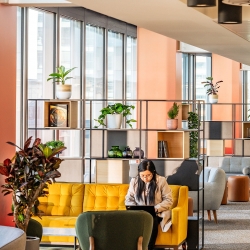 Uncertain times call for different measures and approaches, the old rules and playbooks are no longer applicable – so what are you going to do? Sit around, stagnate, hanker after old solutions trying to manipulate and squeeze them into new, unknowable, untried paradigms? No! One thing human beings are fairly good at is evolving and adapting to new and unknown situations and as we all know, being flexible and accepting change creates resilience and ensures survival.
Uncertain times call for different measures and approaches, the old rules and playbooks are no longer applicable – so what are you going to do? Sit around, stagnate, hanker after old solutions trying to manipulate and squeeze them into new, unknowable, untried paradigms? No! One thing human beings are fairly good at is evolving and adapting to new and unknown situations and as we all know, being flexible and accepting change creates resilience and ensures survival. 










May 5, 2022
Flat organisations are handing out inflated job titles to hang on to staff
by Dan Huckle • Comment, Workplace